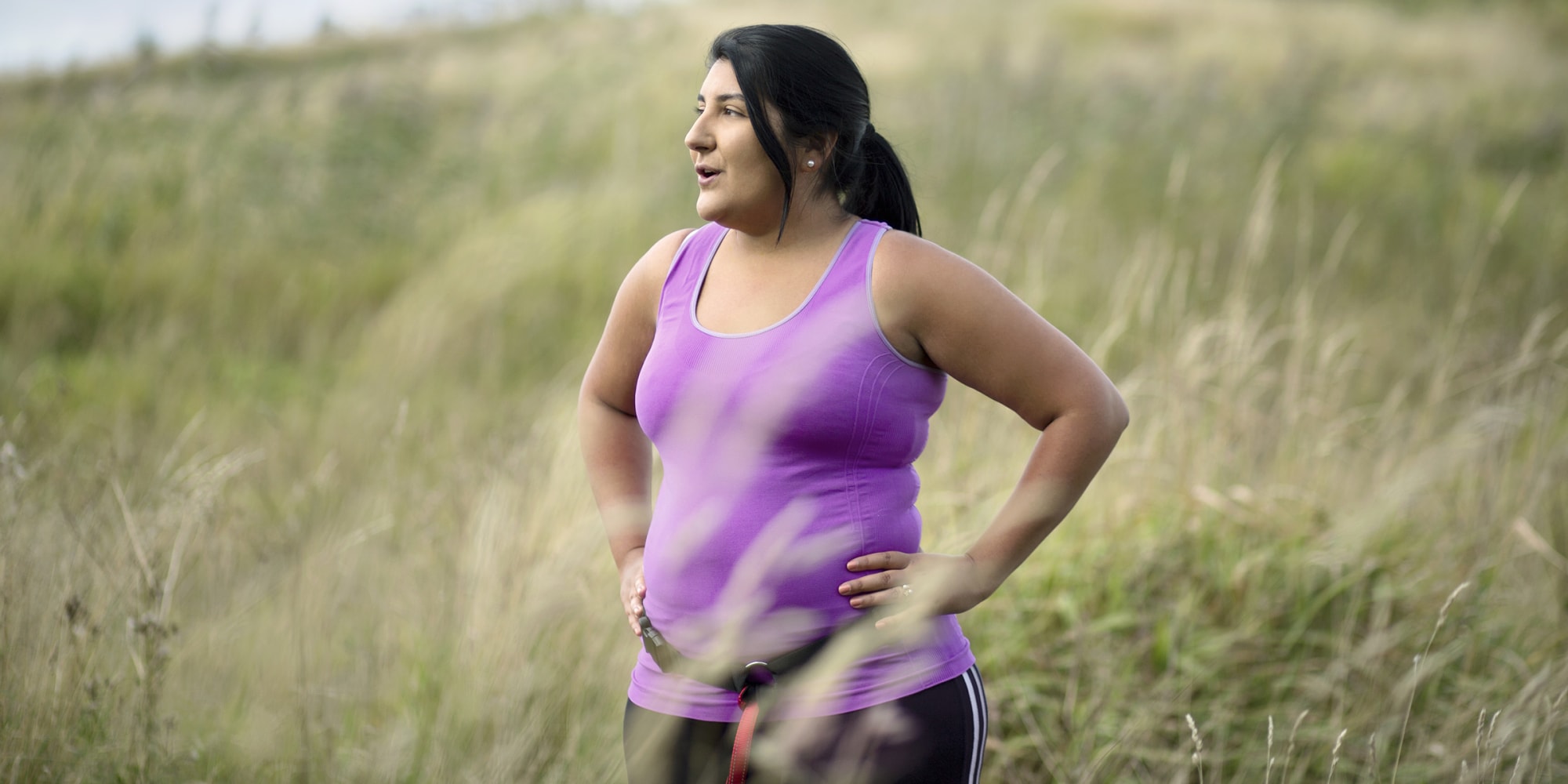Eating just 200 fewer calories a day — the equivalent of skipping one snack — along with regular exercise can improve the heart health of obese older adults, a new study has found.

That simple calorie restriction was key, leading to modest weight loss and vascular improvements that couldn’t be achieved with workouts alone.
The heart benefit can apply to younger people, too, said Tina Ellis Brinkley, the lead author and associate professor of gerontology and geriatric medicine at Wake Forest School of Medicine in Winston-Salem, North Carolina.
“I absolutely think that this can be applicable to people across all ages,” Brinkley told TODAY.
“There are so many benefits of exercise… (but) obesity, for various different reasons, may blunt the effects of exercise on the vasculature.”
Modest weight loss — even 5% of body weight — may open up the door for exercise to be a little bit more advantageous for the obese, she added, and eating less is crucial for slimming down. More than 42% of U.S. adults are obese, according to the Centers for Disease Control and Prevention.
The study, published in journal Circulation, looked at aortic stiffness — a measure of vascular health. The aorta is the largest artery in the body. Its role is to take the blood that's being ejected out of the heart and distribute it throughout the body in a steady flow, Brinkley said.
You want a nice flexible aorta. If it stiffens, as often happens with age, it allows blood to flow more rapidly and in a harmful way to key organs like the brain, the kidneys and even the heart itself, she noted. That can cause damage to the blood vessels around those organs and surrounding tissues.
The problem can also affect younger people, who may experience accelerated or early vascular aging.
“Diabetes and hypertension, which we are seeing in younger individuals, can cause the aorta to stiffen earlier than you might expect,” Brinkley noted.
Previous research has shown older people, particularly those who have high blood pressure or obesity, aren’t able to improve their aortic stiffness with exercise alone.
But in the new study, older obese adults who engaged in regular aerobic activity and cut about 200 calories a day from their standard diet showed greater improvements in aortic stiffness than people who had a stricter diet or those who exercised only.
The 160 study participants, 65 to 79 years old, were randomly assigned to one of three groups:
Group one: aerobic exercise training only, consisting of walking on a treadmill four times a week.
Group two: the same aerobic exercise plus moderate calorie restriction. These participants were asked to cut 250 calories a day from their usual intake, though they managed about 200 calories, on average.
Group three: the same aerobic exercise plus high calorie restriction. These participants were asked to eat 600 fewer calories a day than usual, but managed to cut about 500 calories.
Diets for the calorie-restriction groups were tightly controlled, with lunch and dinner provided. Participants prepared their own breakfast according to an approved menu.
After five months, there were no changes in aortic stiffness for people who exercised only, which was as expected, or those who were prescribed the stricter diet, which surprised the researchers, Brinkley said.
But the second group showed “significant improvements” in aortic stiffness, suggesting exercise plus moderate calorie restriction provided the greatest benefit, the authors wrote.
Cutting 200 calories a day could be eating just one less snack, Brinkley noted.
“People like to eat snacks throughout the day and if you could maybe cut out one or two snacks depending on what your snack looks like, it could be as simple as that,” she said.
People in both calorie-restriction groups lost a similar amount of weight — almost 20 pounds, or about 10% of their body weight on average — compared to 3.6 pounds for people who exercised only.
The results show it may not be necessary to eat drastically less to see a weight and heart health benefit.
A previous study found even healthy, young, slim people can benefit from cutting 300 calories a day from their diet. The simple lifestyle change could reduce the “ravages” of cardiovascular disease, diabetes and obesity, the authors wrote, possibly boosting longevity.
The post It takes just 200 fewer calories a day plus exercise to improve heart health appeared first on TODAY.

